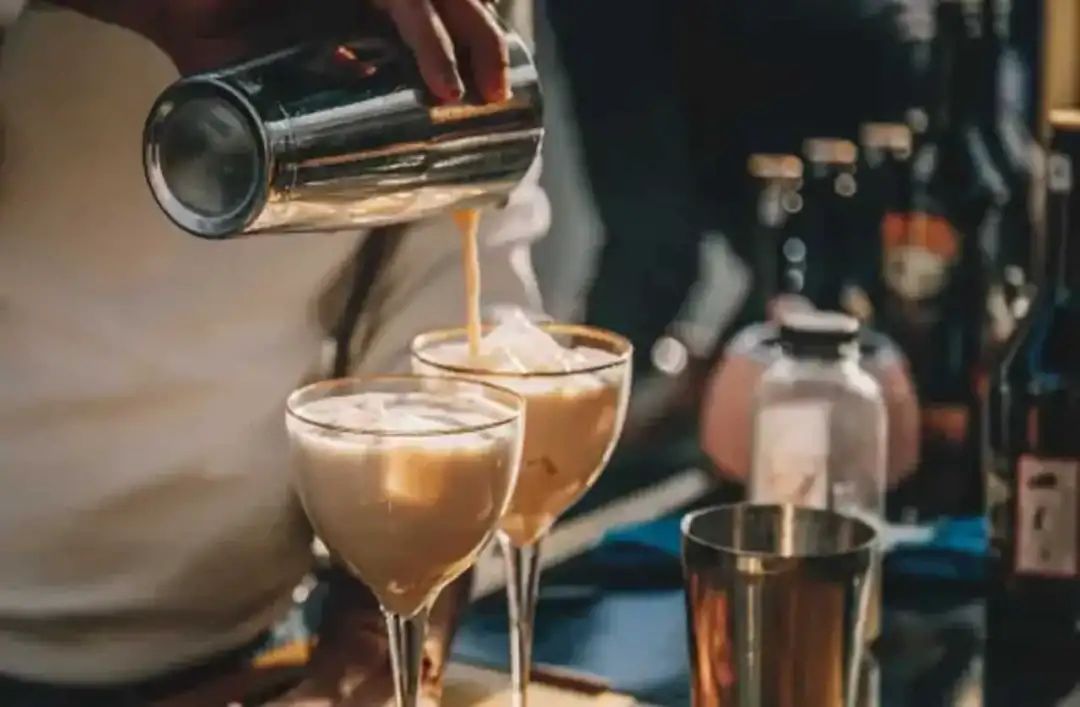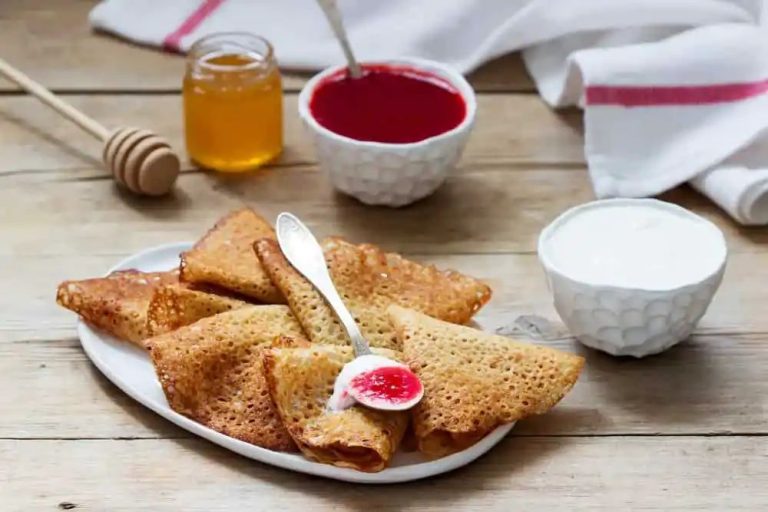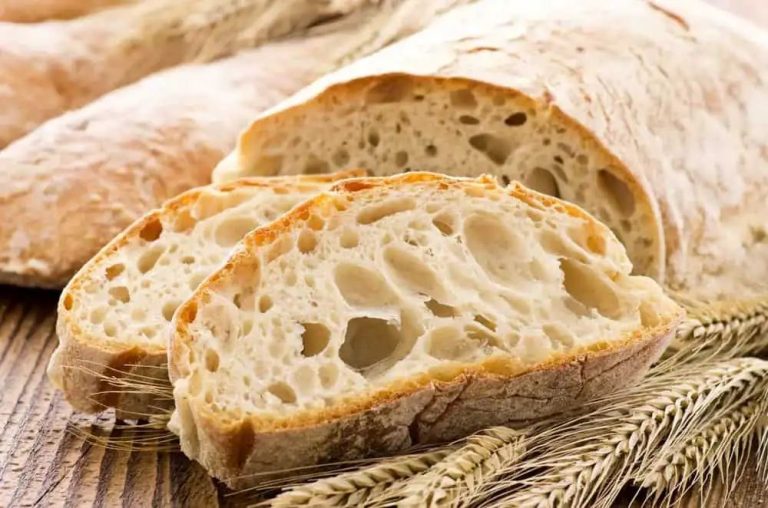Liquor Vs. Liqueur: What’s The Difference Between The Beverages?

Because “liqueur” and “liquor” sound so similar, it’s simple to mix them up. The liquids and the terminology are not interchangeable, even though both are alcohol-containing distilled spirits and essential components for creating cocktails.
Liquors are often not sweet, whereas liqueurs are. Nonetheless, the fact that a lot of liquors come in flavoured varieties only serves to further confusion. While liqueurs are mostly used as flavourings in mixed cocktails, liquors constitute the foundation of a drink (though several can also be drunk on their own).
What Is Liquor?
Alcoholic beverages, such as liquors or spirits, are produced by fermenting grains or other plants to produce a strong beverage. Six categories of distilled spirits are often recognised as liquors: brandy, gin, rum, tequila, vodka, and whisky; however, there are a few more that fit this description as well.
Alcohol and water are separated during the distillation process, which comes after fermentation. Through this method, the alcohol percentage in spirits is increased to at least 20% by volume (ABV). While whisky typically runs from 40 to 55 percent ABV, brandy, rum, tequila, and vodka are typically 40 percent ABV. The ABV of gin can vary between 37% and 50%.





